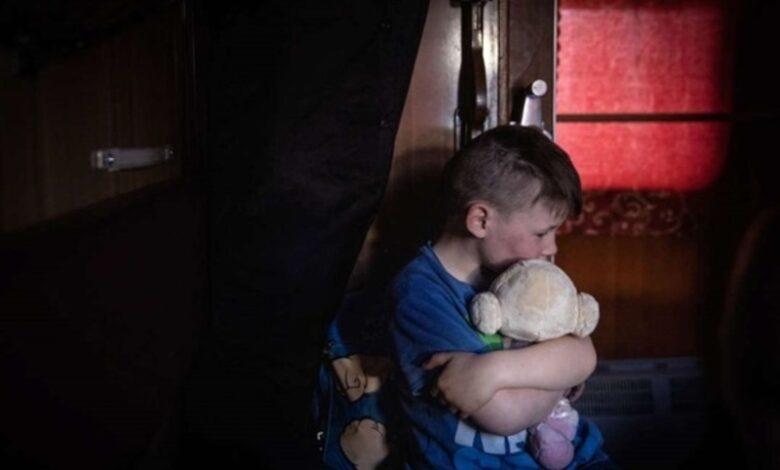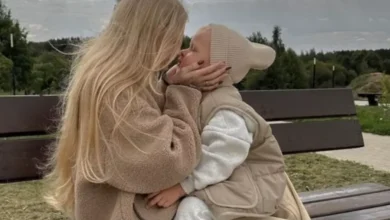Russia offered to exchange Ukrainian children for its prisoners of war: UN reacted harshly

The war in Ukraine made children one of the most vulnerable categories of the civilian population. They became not only victims of shelling, occupation and deportation, but also the object of political blackmail. The abduction of Ukrainian children and attempts to turn them into a subject of negotiations is another facet that international law directly defines as a war crime. In the midst of the war, Russia voiced a proposal that caused a sharp reaction from the international community.
Statement by Volodymyr Zelenskyi
For in words The President of Ukraine Volodymyr Zelenskyi during the press conference following the meeting with the President of Austria Alexander Van der Bellen, the Russian side offered to exchange its captured military personnel for Ukrainian children, who were illegally deported by the Russian Federation from the occupied territories.
The president directly characterized this idea as absurd and unacceptable. According to him, the aggressor state is trying to turn children into an object of negotiations, which completely contradicts both elementary human morality and international law.
“We don’t exchange children. The Russians offered us this: we give them soldiers, and they give us children. This is madness. It is simply beyond comprehension, and does not fit into any international legal framework. It’s their style.”, – emphasized President Zelensky.
The Ukrainian authorities have repeatedly emphasized that the deportation of Ukrainian children, taking them to the territory of the Russian Federation or to temporarily occupied regions is a war crime. Children during armed conflicts are subject to special international legal protection. Their forced relocation, change of citizenship or adoption in the occupying country is a gross violation of the Geneva Conventions and basic principles of humanitarian law.
The reaction of the UN
Moscow’s proposal is tough criticized in the United Nations. The official position was voiced by the Deputy Spokesman of the UN Secretary General, Farhan Haq. He emphasized that children cannot be used as a tool for negotiations or any form of political bargaining — this is against the basic norms of international law.
“Civilians, including children, should not be used as bargaining chips in any conflict. This applies to all military operations anywhere in the world.” Huck said.
He also emphasized that the deportation of children in a war zone is in itself a violation of international humanitarian law. The organization has repeatedly expressed its concern about the systematic actions of the Russian Federation regarding the forced removal of Ukrainian children from the occupied territories.
Children of war: the scale of the problem
Since the beginning of the full-scale war, the issue of abduction of Ukrainian children by the Russian side has acquired the scale of an international crime. Children are forcibly removed from the temporarily occupied territories of Ukraine, transferred to Russian orphanages, families, boarding schools, and sometimes even given Russian citizenship without the consent of their parents or legal representatives.
Some children, in particular orphans or children who were unaccompanied during hostilities, became the object of forced adoption programs in Russia. There are known facts about the systematic change of documents, distortion of data about the child’s origin, as well as attempts to prevent their return to Ukraine.
The Ukrainian state, together with international organizations, continues the difficult process of finding such children and returning them home. However, in many cases, the Russian Federation creates artificial obstacles to return, complicates access to information, and manipulates data on the whereabouts of deported children.
The International Criminal Court has already recognized the deportation of Ukrainian children by Russia as a war crime. It was on these charges that warrants were issued for the arrest of Vladimir Putin and the Commissioner for Children’s Rights of the Russian Federation Maria Lvova-Belova. This is one of the few precedents in modern international practice, when high officials of the state are officially accused of committing crimes against children in the context of war.
The UN reminds that the protection of children during armed conflicts is one of the key norms of international humanitarian law. Abduction, deportation, illegal adoption, forced change of citizenship or change of personal data is a direct violation of the UN Convention on the Rights of the Child and the Geneva Conventions.





